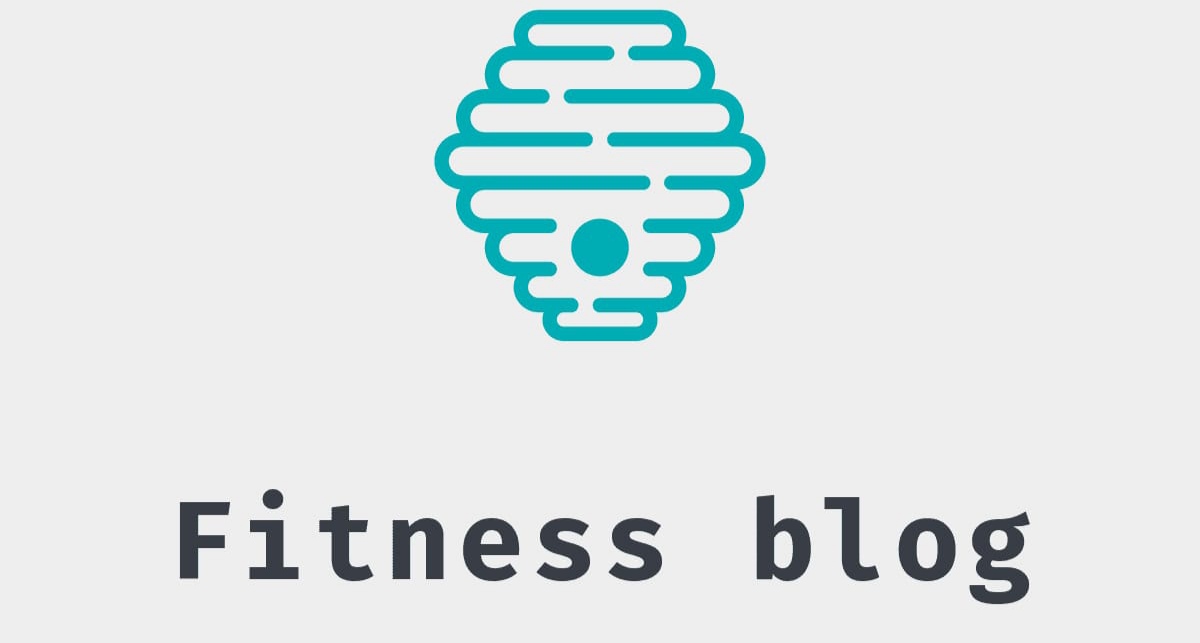Certainly! Numerous variables, such as genetics, food, general health, and hair care habits, might affect hair development.
A well-balanced diet can promote healthy hair development. Examples of such foods are eggs, salmon, nuts, seeds, fruits, and leafy greens.
For gently massaging, you can use your fingertips or a brush with soft bristles.
Maintain Clean Hair
Wash your hair frequently to get rid of product buildup, extra oils, and dirt. Avoid over-washing, though, since this can deplete the hair of its natural oils.
Conditioning
To keep your hair hydrated and stop breakage, use a high-quality conditioner after shampooing.
Limit the use of blow dryers, straighteners, and other tools that use heat to style hair.
Trim Your Hair Often
To get rid of split ends and encourage better development, have your hair trimmed every 6 to 8 weeks.
Avoid Tight Hairstyles
Tight hairstyles like braids and ponytails can strain the hair and scalp, which can result in breaking. Whenever feasible, use looser styles.
Avoid Overprocessing
Using too many chemicals (such colors and relaxers) can harm the hair and prevent it from growing. Make an effort to limit chemical treatments.
Apply deep-conditioning treatments or nourishing hair masks once a week to replenish moisture and nutrients.
Wear caps or scarves when necessary to shield your hair from the sun's harmful rays and the environment, which includes pollution.
Supplements
If your diet is deficient in critical nutrients, talk to a doctor about taking biotin or other vitamins that are specifically formulated to support healthy hair.
Use stress-relieving methods like frequent exercise, yoga, or meditation.
Avoid Using Tight Towels
After washing your hair, pat it dry softly rather than rubbing it with a hard towel.
Consult a dermatologist or trichologist if you have particular questions about your hair for tailored guidance.




